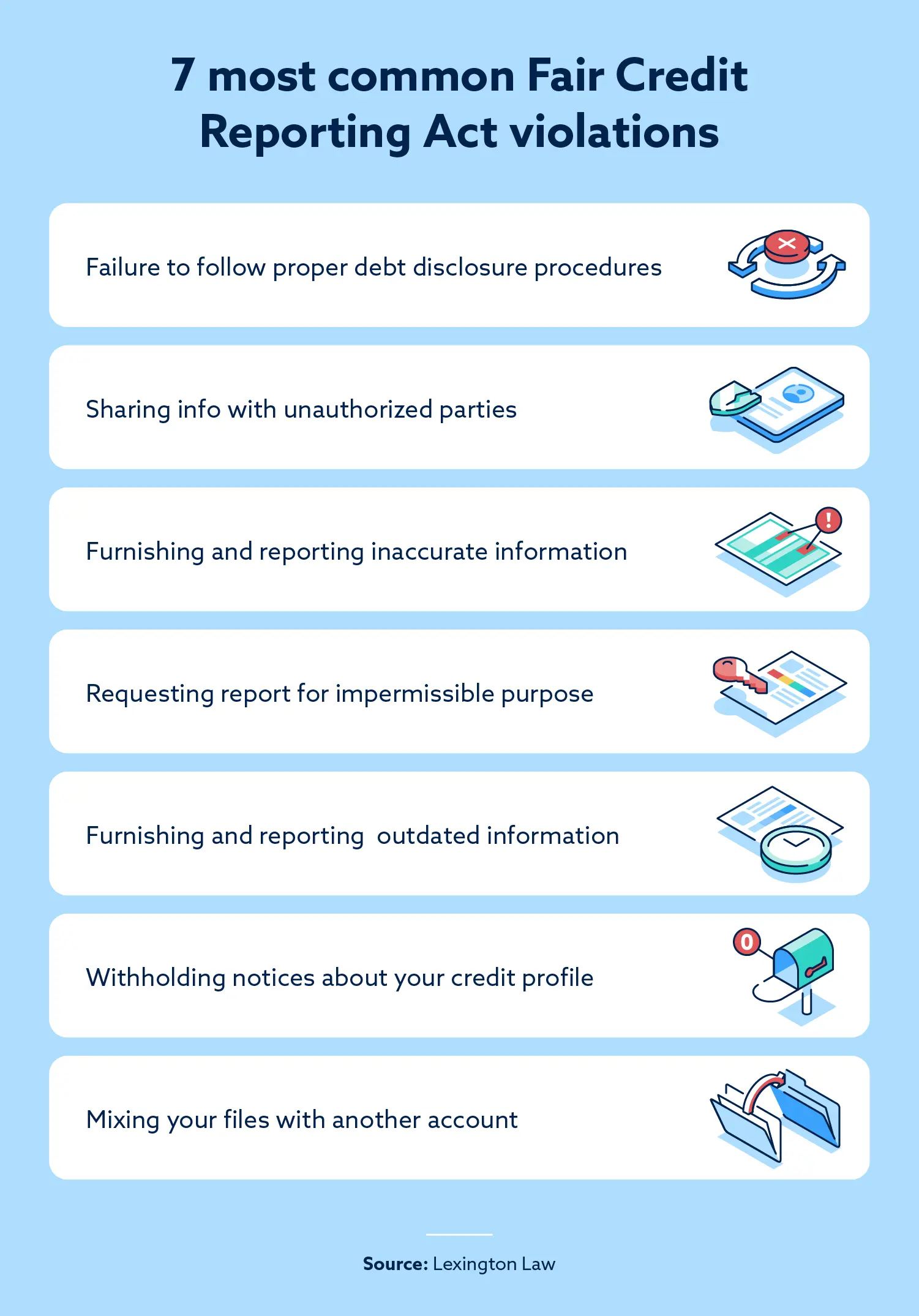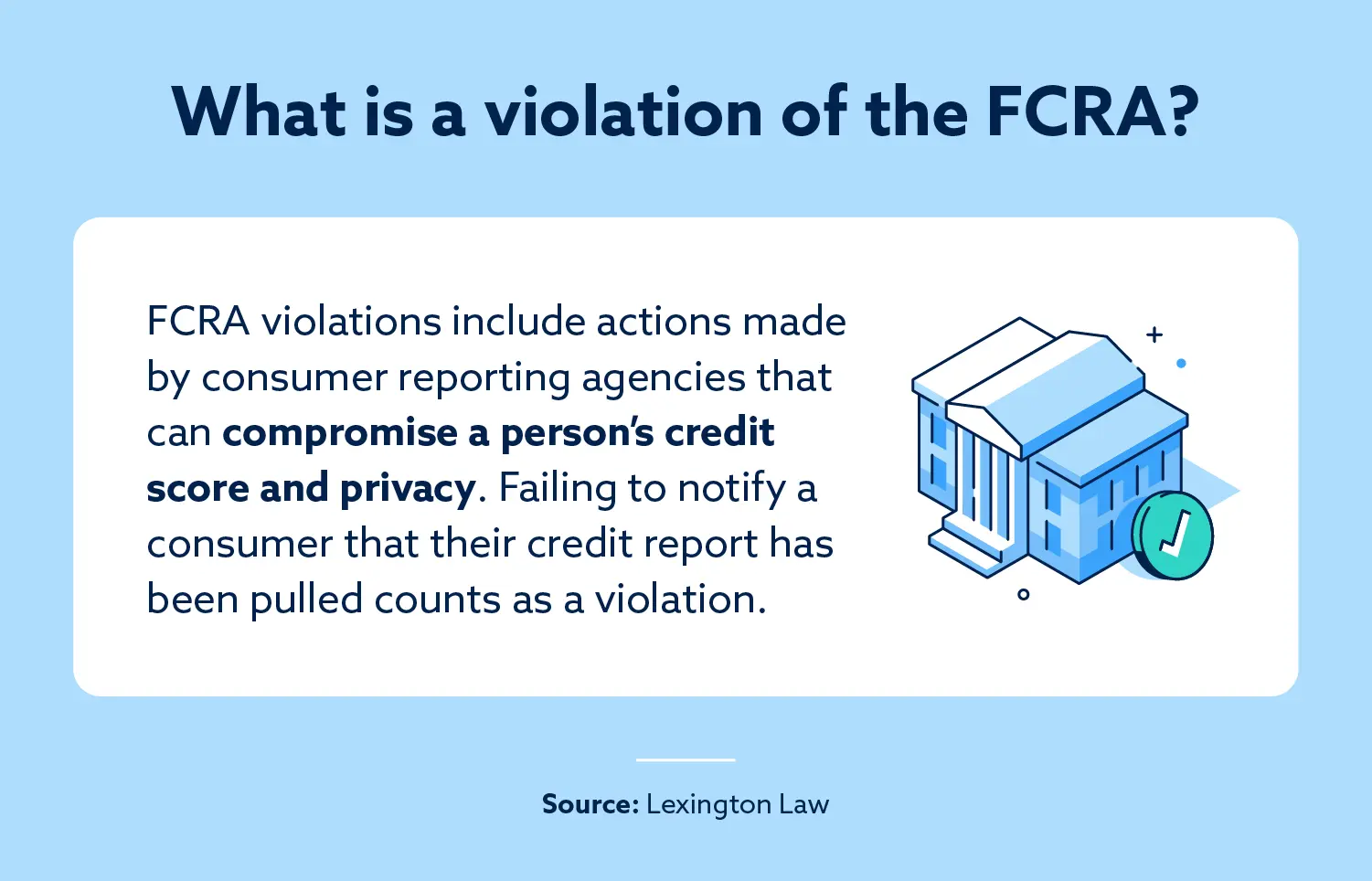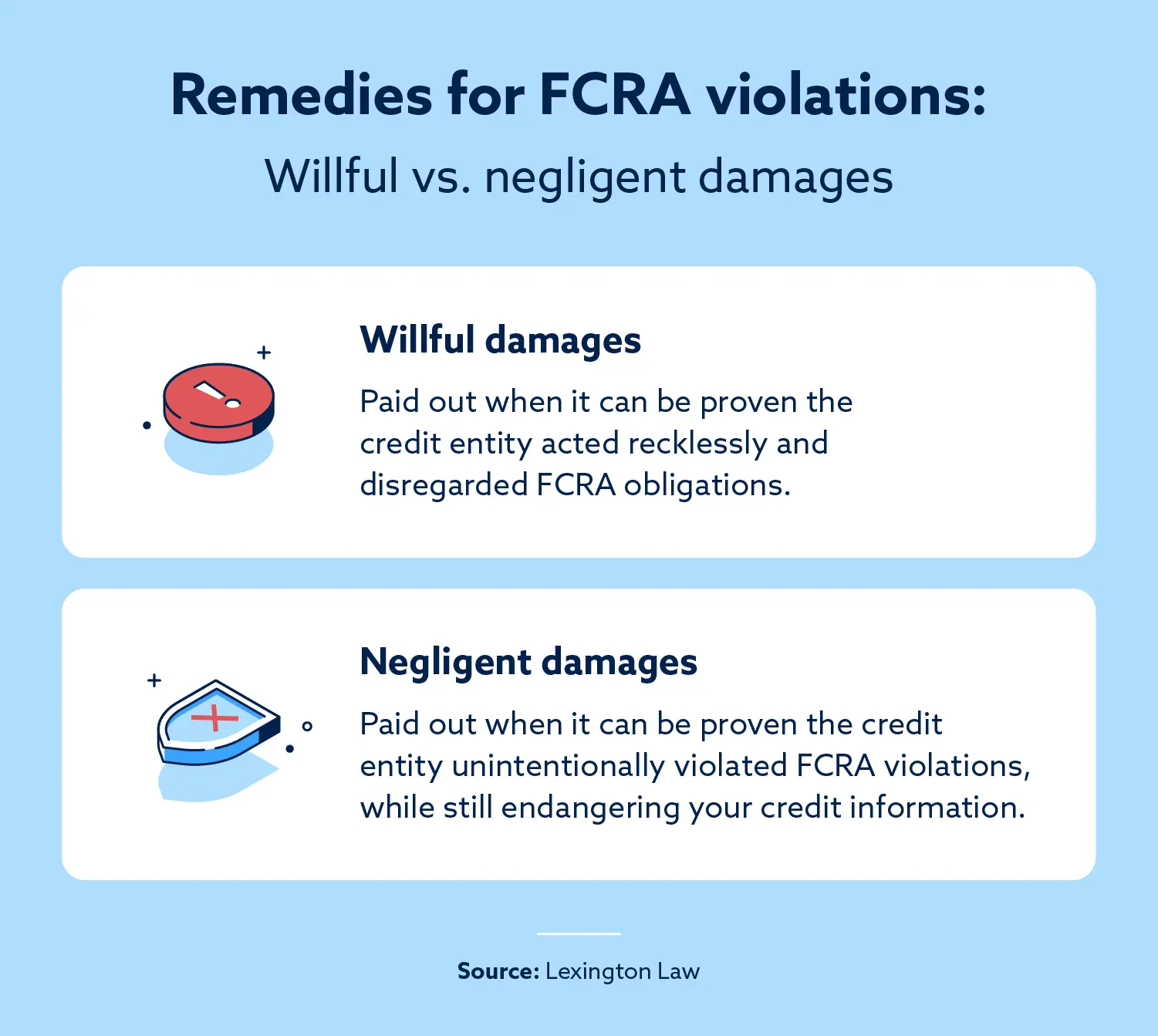
Anna Grozdanov was born in Sofia, Bulgaria, but moved to Arizona with her family. Ms. Grozdanov grew up in Arizona and went on to graduate Magna Cum Laude from the University of Arizona with a B.A. in both Philosophy and Psychology. Ms. Grozdanov finished her first year of law school at Pepperdine University School of Law in California, but returned to Arizona where she graduated from the Sandra Day O’Connor College of Law. Since graduating from law school, Ms. Grozdanov has worked in Estate Planning, Estate Administration, Probate, and Personal Injury. She has extensive experience advising and working closely with clients and applies these skills at Lexington by helping clients achieve their credit repair goals. Ms. Grozdanov is licensed to practice law in Arizona. She is located in the Phoenix office.

The information provided on this website does not, and is not intended to, act as legal, financial or credit advice. See Lexington Law’s editorial disclosure for more information.
Key takeaways
In 2023, the Consumer Financial Protection Bureau received about 1,657,600 complaints from people concerning errors in their credit reports. Congress created the Fair Credit Reporting Act (FCRA) in 1970 to help consumers against unfair credit reporting practices. Discovering FCRA violations on your report can result in positive changes to your credit score.
Below, we’ll explore seven common FCRA violations in this guide and break down your credit reporting rights. After reading, you’ll know what to look out for on your credit report, and you’ll have more credit repair resources to dispute inaccuracies.

The Fair Credit Reporting Act is a bill created by Congress to protect consumers’ credit information for other parties. By requiring FCRA compliance, the government reduces the likelihood that data on your credit report can hinder your attempts to find work, buy a house and pursue a better quality of life.
Here are the seven most common Fair Credit Reporting Act violations, along with tips on how to remedy these violations once they’ve been identified.
As a consumer, you’re entitled to know how your credit information is reported, handled and used by a credit bureau. If you aren’t properly informed of how your data is being used, a violation occurs.
The following actions are considered withholding a notice:
Bottom line: An FCRA violation occurs when credit bureaus don’t communicate how your credit information is being used.
Your information should only be shared with authorized people or entities that have demonstrated a valid need for your credit information.
Entities that typically have a justifiable reason to see your credit information include:
Credit bureaus are normally careful not to share your credit report with unauthorized parties. If your information is mishandled, however, you may be entitled to damages.
Bottom line: Select parties are entitled to your credit information under specific circumstances. Mishandling sensitive information is considered an FCRA violation.
A credit bureau may violate the FCRA if they supply your credit information to someone for an impermissible purpose.
Impermissible purposes would include:
Bottom line: Entities that require your credit report without a valid reason risk violating the FCRA.

The FCRA requires agencies to handle credit disputes in very specific ways. That includes conducting a reasonable investigation of your dispute, modifying and correcting any found inaccurate information, and removing the disputed item from your credit report within 30 to 45 days after receiving notice.
Sometimes, a credit bureau can neglect any or all of these responsibilities, meaning they’ve violated proper debt dispute procedures.
Bottom line: Failing to handle credit disputes in a timely and accurate fashion counts as an FCRA violation.
Entities like credit card companies or loan collectors should not intentionally supply incorrect information to a CRA under any circumstances.
Some examples of reporting inaccuracies include:
Bottom line: Creditors should not intentionally give inaccurate information to CRAs.
If you find the information in your credit report is not updated after a change in your credit (like an account being closed), this could be in violation of the FCRA.
Examples of this kind of FCRA violation include:
Bottom line: Creditors or CRAs failing to update your credit information violates the FCRA.
In some instances, a credit bureau can mistakenly “mix” your file with that of another person with similar information. This violates the credit bureau’s obligation to report accurate credit information about every borrower.
Mixed file violations include combining credit information of people with similar names living in the same area, such as if there are two people named “John Smith” who live in the same zip code, or not including “Jr.,” “Sr.,” “II” or other differences for people with similar surnames.
Bottom line: Mixing credit information between two similar accounts is considered an FCRA violation.

Every consumer in the U.S. has certain protected rights under the FCRA. Below, you’ll find a summary of what these rights include.
The FCRA Right to:
Know if information in your credit file is used against you
Getting denied new credit based on previous late payments reported by TransUnion
Ask for a credit score
Asking for your credit score before applying for a mortgage
Know what information is in your file
Were you denied a loan based on recent credit card applications
Obtain a security freeze
Contacting credit bureuas to freeze your account
Dispute inaccurate information
Disputing a paid off card that’s still on your report
An accurate, complete and verifiable credit report
Equifax updating a report within 30 days of finding inaccuracies
An up-to-date credit report
A chapter 7 bankruptcy must be removed after 10 years
Limit unsolicited offers based on your credit report
Receiving too many offers for preascreened cards
Limit access to your credit file
Other parties can only view relevant data on your report
Require consent for employers to view your reports
Interviewers must gain consent before viewing your report
Seek damages from violators
Suing if an FCRA violation impacts you
From a legal perspective, “damages” refer to reparations that a person seeks when they’ve been negatively affected by another party. If an FCRA violation by another party results in lost funds or harm to your reputation, you can seek damages in court.
Once you’ve identified that the Fair Credit Reporting Act has been violated by a CRA or another credit entity, you’re able to sue that entity in court for one of two types of damages: willful or negligent violation.
A willful violation means you can prove that the CRA or credit entity acted recklessly with your information and didn’t respect their obligations, both to the FCRA and your protected rights under the FCRA.
This doesn’t mean you and your attorney have to prove beyond a reasonable doubt that the entity intentionally violated your rights — just that they did so in the first place and that they should have known to not do so.
If you can prove this in court, you may be able to recover the following damages:
Basic damages:
Damages from an individual violator who lied or used your credit report for an improper purpose:

A negligent violation means the CRA or credit entity violated your rights under the FCRA without knowing they did so or without meaning to.
If you’ve identified and proven negligent violations when it comes to your credit, you may be entitled to the following damages:
Before you call your lawyer, you should be aware that there is a penalty for an unnecessary, or “frivolous,” FCRA lawsuit that can come with a hefty fine — you’ll need to pay the other party’s attorney fees if it’s found your suit was filed in bad faith or for purposes of harassment.
Investigate any suspicious information on your credit report, as they might turn out to be errors incurred by FCRA violations. If that’s the case, contact Lexington Law Firm to get help disputing these inaccuracies. Learn more about our services to see how you can challenge errors more successfully.
Note: Articles have only been reviewed by the indicated attorney, not written by them. The information provided on this website does not, and is not intended to, act as legal, financial or credit advice; instead, it is for general informational purposes only. Use of, and access to, this website or any of the links or resources contained within the site do not create an attorney-client or fiduciary relationship between the reader, user, or browser and website owner, authors, reviewers, contributors, contributing firms, or their respective agents or employers.